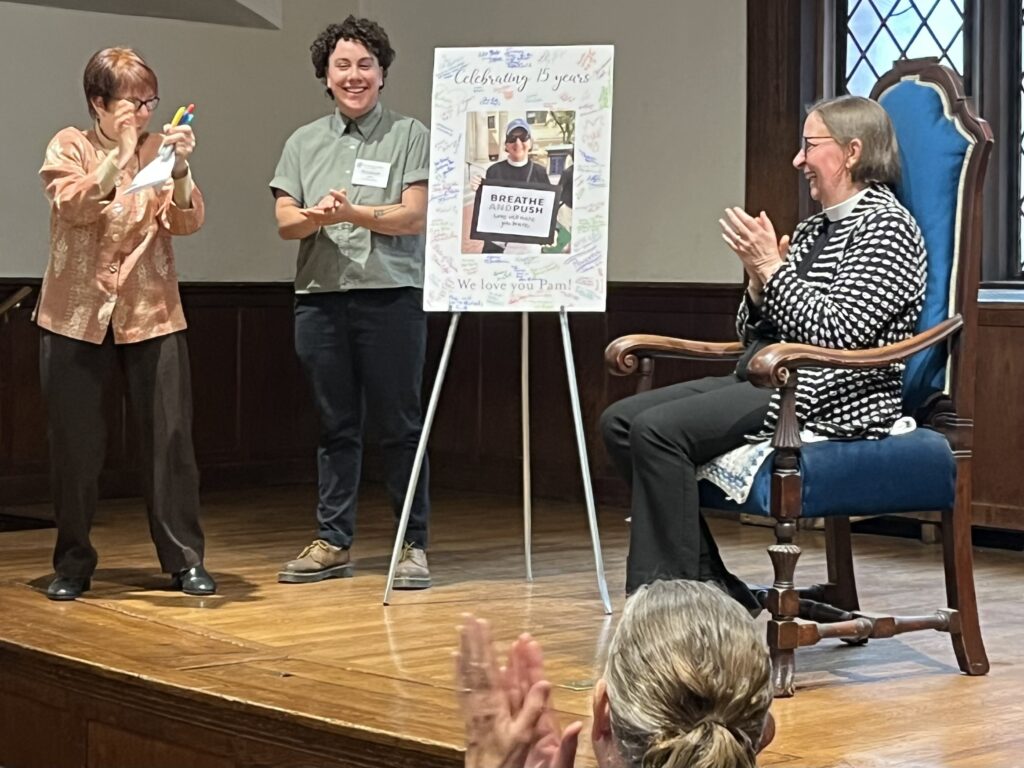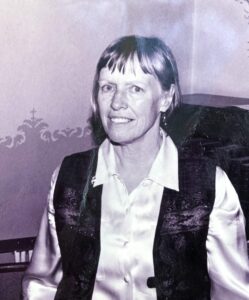Last week, I had the chance to try out my superhero interviews, and I’m happy to report that they went really well! I ended up conducting four interviews, which felt like a great way to explore and practice my therapeutic skills in this setting. Since each person interprets the questions differently this format really gives me an opportunity to guide them through the conversation. It’s a mix of reflecting back what they’ve shared, offering new words or ways to summarize their experiences, and asking for clarification or digging deeper into certain themes. It feels like a collaborative process in which we’re both learning and discovering.
One of the things I loved most was that every superhero I spoke to had a power that was rooted in helping or healing others—whether through music, seeing people’s truths, transforming darkness into light, or offering protection through faith. Considering how much passion, kindness, and community-mindedness I’ve witnessed in this space, I’m not surprised but still find myself awed and inspired.
Since I find the superhero theme naturally lends itself to storytelling, I can’t help but feel creative potentials percolating in my mind. Imagine an Avengers-style crossover of common art superheroes, here to bring the world towards healing and wholeness. That’s a story I could get invested in.
As for this week, I’m diving back into my poetry group. While it’s not superhero-themed, I’m hoping some of the creative energy from the interviews will carry over. I’ve planned some fun acting exercises to incorporate. I’m excited to see whether they spark creativity and engagement in the group.
This Friday is Boston Warm’s first movie day of the year! I’ll be leading a discussion after we watch “West Side Story”, which offers so much to unpack. I’m looking forward to exploring themes that feel especially relevant to our community, such as division and unity, discrimination and belonging, hope and despair, and more. The movie will begin at 9:00am, so feel free to join us if you can!
-– Mary Schwabenland, 26 Feb. 2025



